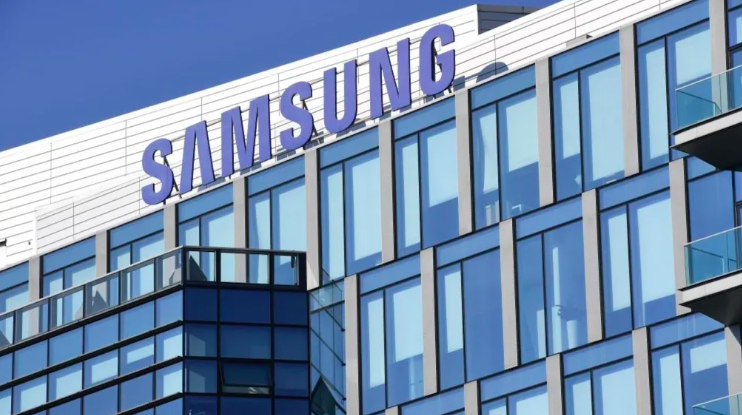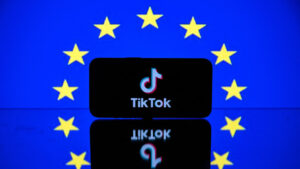
The South Korean tech giant Samsung has recently announced that it has taken the decision to temporarily ban the use of generative artificial intelligence (AI) on its devices, joining a growing list of companies clamping down on the use of such technology. Microsoft, Apple, and Google have all implemented similar measures in recent months, citing the need to protect the security of their products and consumers.
The ban was announced in a memo distributed to staff in Samsung’s mobile devices and home appliances unit, according to a company spokesperson, who explained that the decision was taken after staff members had used generative AI tools such as ChatGPT on company devices in early April. A survey was conducted by the company in order to gauge the public’s opinion on the matter, and 65% of respondents agreed that the use of such technology could represent a security risk.
As such, Samsung has now banned the use of generative AI tools like ChatGPT on their internal networks and company-owned devices. The rule was communicated to staff in a memo which described it as a temporary restriction while Samsung works to “create a secure environment” to safely use generative AI tools.
The primary security concern is likely OpenAI’s chatbot ChatGPT, which has become increasingly popular not only as a source of entertainment but also as a tool to help with serious work. People can use the system to summarize reports or write responses to emails – but this could mean that they are inputting sensitive information, which OpenAI may have access to.
Samsung’s decision to clamp down on the use of generative AI technology is sure to be welcomed by those concerned about data privacy and security, and could set a precedent for other companies to follow suit. It remains to be seen if the ban will be lifted and, if so, how, but for now it is clear that Samsung is taking the issue seriously.







